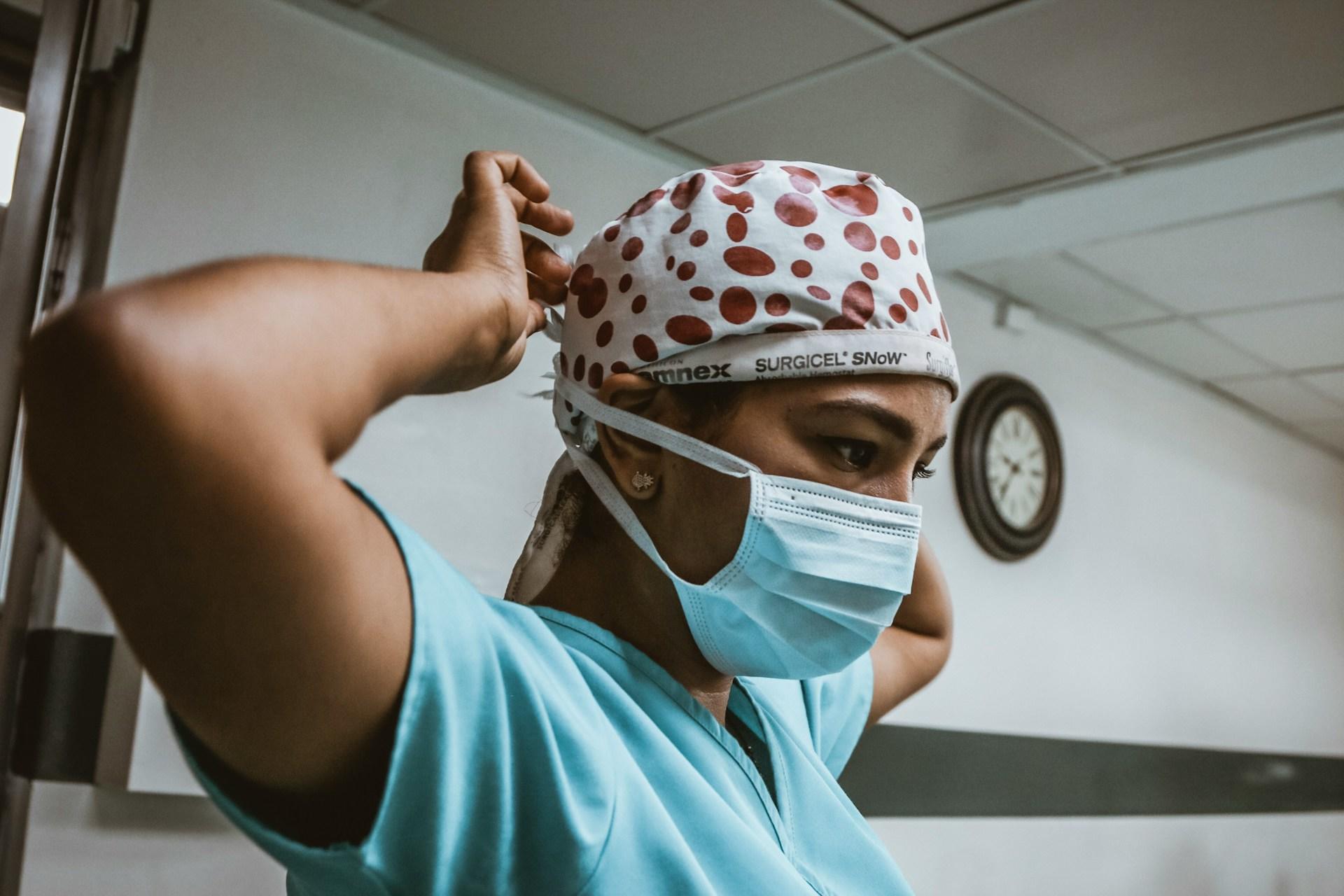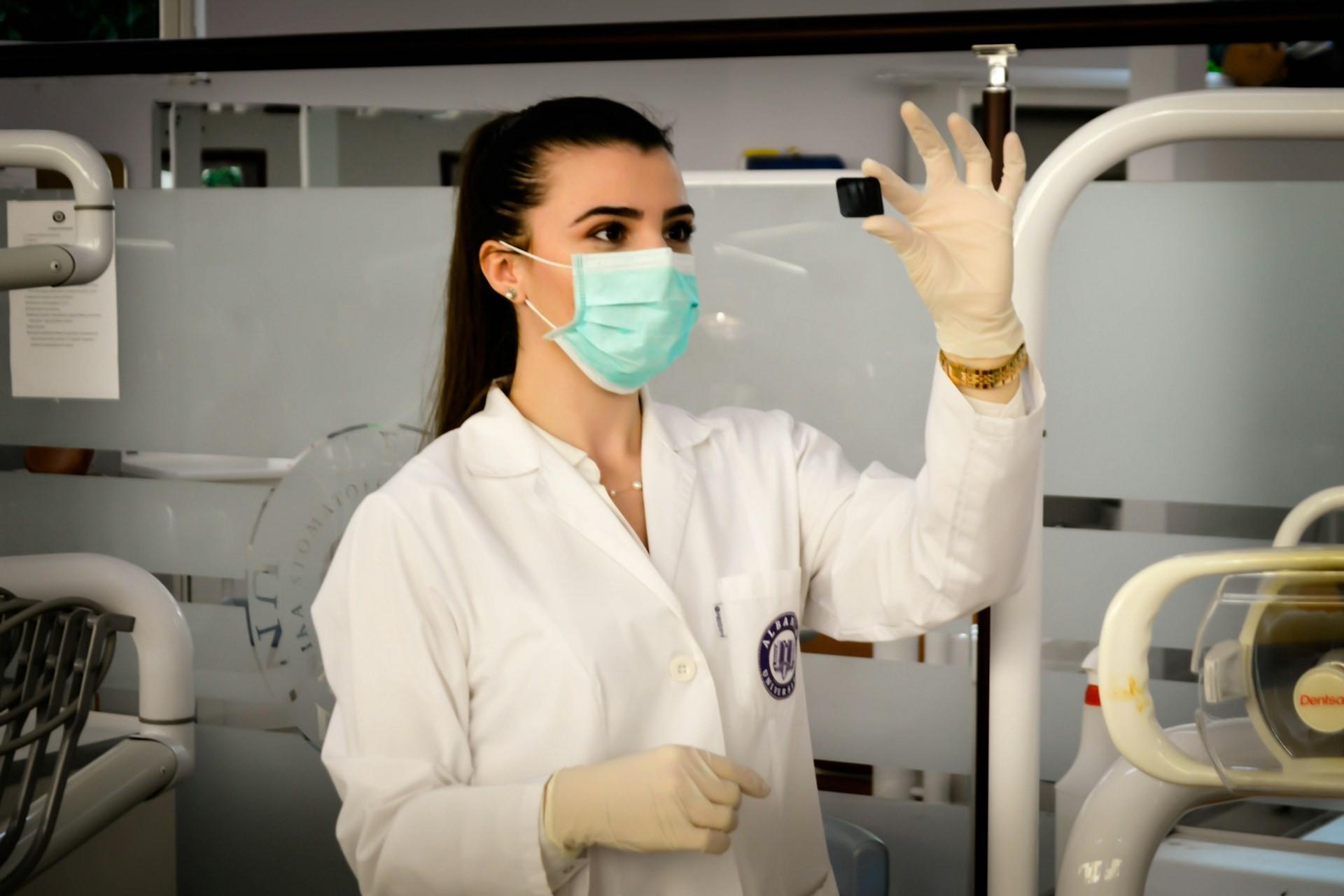Irish medical schools have a global reputation for the quality of their medical training and education, attracting medical students worldwide.
Medicine is one of the top 10 courses for which Irish Leaving Cert students apply.
There are six Medical Schools in Ireland. Three are in Dublin, and three more are in Cork, Galway, and Limerick.
Getting into med school in Ireland means earning at least a massive number of CAO points from your Leaving Certificate.
You'll also likely need an HPAT score in the 80th-85th percentile, though this varies depending on how many CAO points you earned during your leaving cert.

Ireland's Medical Schools
Let's examine the various medical schools in Ireland, how you can get into them, and why you should consider studying medicine in Ireland.
Here, they are in reverse order according to their general rankings.

University of Limerick (UL) School of Medicine
The University of Limerick (UL) School of Medicine is one of the newer medical schools in Ireland. It was founded in 2007.
Its graduate-entry program is unique in that it allows students who have already completed an undergraduate degree in another discipline to study medicine.
The program lasts four years and is available to students who've completed a second-class honours degree in any discipline and the Graduate Medical School Admissions Test (GAMSAT), one of the exams often required for medical school eligibility.
National University of Ireland, Galway (NUIG) School of Medicine
The National University of Ireland, Galway (NUIG) School of Medicine was founded far before the University of Limerick Graduate Entry Medical School.
Since 1845, this student-centred school of medicine has ranked highly, being placed among the top 250 universities for medicine.
It also ranks particularly highly for its contributions to medical research and education.
NUIG offers various undergraduate medicine programmes, such as the MB, BCh, and BAO, as well as various postgraduate programmes.
University College Cork (UCC) School of Medicine
Established in 1849, the University College Cork (UCC) School of Medicine is slightly newer than NUIG Galway's med school.
However, the UCC School of Medicine ranks among the top 200 universities in the world for medicine.
The UCC School of Medicine offers the typical undergraduate medical courses and the Graduate Entry Medicine (GEM) option.
There are also several postgraduate programmes and diplomas with a focus on innovative research areas like cancer, maternal health, and nutrition.
The Royal College of Surgeons Ireland
The Royal College of Surgeons Ireland (RCSI) has been training medical students in healthcare education and research since 1784. For over 200 years, it has been one of the country's and the world's finest medical schools.
In 2020, the RCSI was ranked in the top 2% of universities according to the Times Higher Education World University Rankings.
They ranked it 263rd for teaching, 231st for research, 181st for international diversity. It's ranked 263rd in the world.
University College Dublin (UCD) School of Medicine
University College Dublin (UCD) School of Medicine was founded in 1854, around the same era as the NUIG School of Medicine and the UCC School of Medicine.
It also offers the same kinds of courses (MB, BCh, BAO, GEM) and postgraduate options.
Major research areas include genomics, diagnostics, and population health.
The UCD School of Medicine ranks within the top 150 medical schools in the world according to the QS World University Rankings.
Trinity College Dublin (TCD) School of Medicine
Trinity College Dublin's School of Medicine, one of the oldest medical schools in Europe, was founded in 1711. It has been providing top-notch academic training for medical students for over 300 years, with a strong focus on research in areas such as immunology, neuroscience, and cancer.
Its areas of focus for research include immunology, neuroscience, and cancer. It regularly ranks within the top 100 universities in the world for medicine.
It also boasts some of the finest facilities for medicine in Ireland and fantastic support for students' well-being and academic performance.

Why Students Choose Ireland to Study Medicine
Now that you've seen the range of medical schools in Ireland, you might be wondering why so many students from Ireland and around the world choose to study medicine
in the Emerald Isle. Apart from the potential salary for medical professionals, there are numerous other reasons.
Clinical Placements
Irish medical schools offer clinical placements to their students in their programs' final two and a half years.
These placements can include rotations in medicine, surgery, paediatrics, obstetrics and gynaecology, psychiatry, etc.
Given Ireland's global reputation for the quality of its bedside teaching, clinical placements draw students from Ireland and around the world.
Integrated Courses
In Ireland, medical schools offer a comprehensive integrated medicine course. This course ensures that students are equipped with the scientific knowledge required for medicine and receive extensive clinical training, instilling confidence in their abilities.
Rather than being fully clinical or fully scientific, this combination offers the best of both types of pedagogies.
Research
For medical students interested in research pathways, many of Ireland's medical schools are leaders in medical research.
Research tends to play an important role in most courses offered, and many medical schools offer research scholarships.
Smaller Cohorts
Many of Ireland's medical schools emphasise small-group learning. Students can also benefit significantly from working with a private tutor because it's easier to adapt each session to the student, and smaller groups result in more personalised education.
This means that students can benefit more from problem-based learning, focusing on clinical and research skills, participating in ethical debates, and other teaching approaches that can't always work with larger groups of students.
Study Placement Opportunities
Many Irish students and students in Irish medical schools can study in countries including the US, UK, Canada, Australia, Malaysia, and many others as part of summer schools or year-abroad programs.

Entry Requirements for Irish Medical Schools
Getting into a Medical school in Ireland will depend on whether you're a school leaver (having completed the Leaving Cert), an undergraduate student, a GEM, or a non-EU student.
Undergraduate
Typically, depending on the area of specialisation, undergraduate applicants require the Irish Leaving Certificate and the HPAT exam.
We mentioned earlier that the required CAO points are around 730 to 740 CAO points, including the HPAT exam.
There are often subject requirements for medical schools in Ireland, too. These usually include science subjects like biology and chemistry.
Non-EU Applicants
For applicants to Irish medical schools outside the EU, special entry requirements are typically listed on each school's website.
The Irish Universities and Medical Schools Consortium (IUMC) website has helpful information on the entry requirements for Ireland's medical schools.
Ireland, UK, and EU Applicants
Applicants from Ireland, the UK, or the EU must apply for Irish medical schools through the Central Admissions Office (the aforementioned CAO). Applications to Irish medical schools are generally open between November and February each year, but be sure to check the exact dates.

Get Help Studying with a Private Tutor
A private tutor can help a lot, whether you're looking to get the best possible results on your leaving cert or HPAT or while you're studying medicine at one of Ireland's top med schools.
Even though Ireland's medical schools promote smaller class sizes and cohorts of students, a private tutor can work directly with you one-on-one.
There are many advantages to this, but the main one is that every minute of every session can focus on you and what you need to learn, adapting resources, activities, and teaching styles as required.
No matter what you need help with, you can search for every subject and skill on the Superprof website and browse potential private tutors' profiles today.
We recommend shortlisting several potential tutors, paying particular attention to their areas of expertise, rates, and their other students' reviews.
The tutors on Superprof can offer one-on-one, online, or group tutoring. One-on-one tutoring usually provides the best value for money but is also usually the most expensive.
Online tutors are usually cheaper since they don't have to worry about travel costs. Still, it's generally better to choose a face-to-face tutor for hands-on skills.
For students on a tight budget, group tutoring is a way to share the cost of the tutor's time and expertise with other students. This means you can't have every minute of the session tailored to you. Still, it does provide an excellent option for those requiring academic support on a tight budget.
Search for "medicine" or any other subject on the Superprof website today to find your private tutor.
Summarise with AI:
















